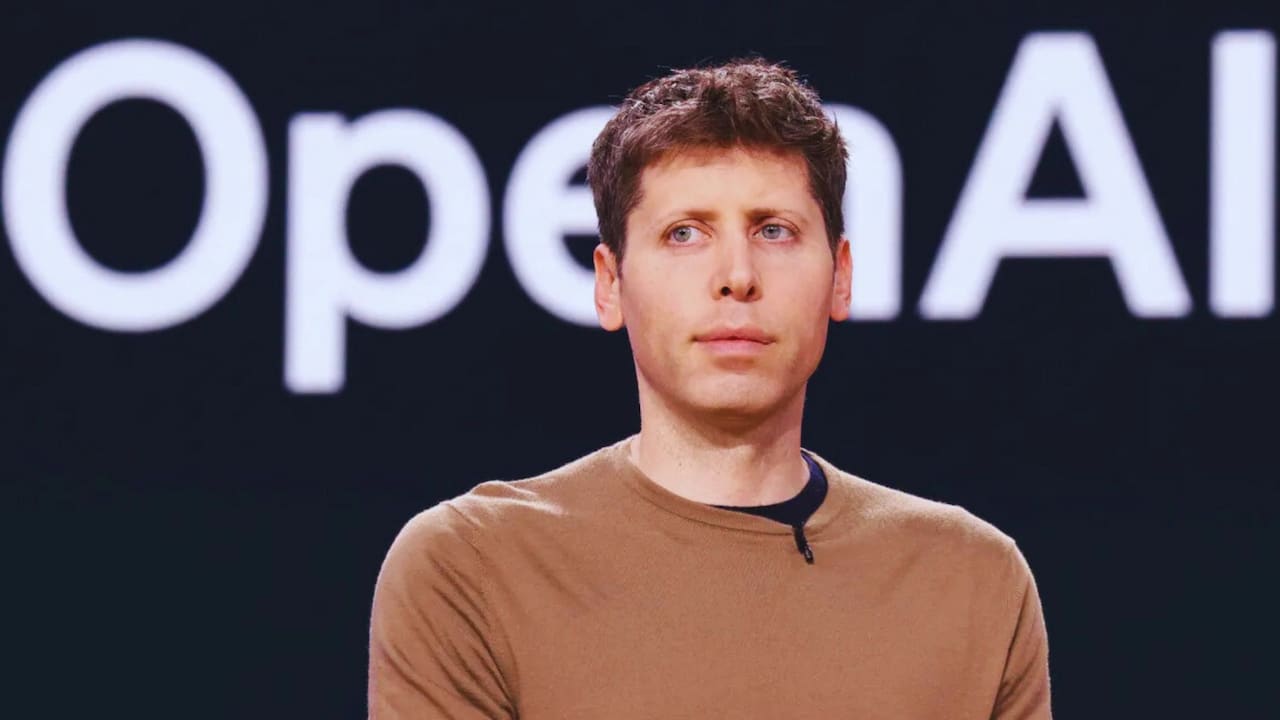Breaking: OpenAI’s Game-Changing ‘Operator’ Set to Transform Computer Interaction in 2024
As a technology reporter covering the rapidly evolving AI landscape, I can tell you that OpenAI is about to make waves once again. The company behind ChatGPT is preparing to launch an autonomous AI agent codenamed “Operator” in January 2024, marking a significant leap forward in how AI systems interact with computers.
Sam Altman, OpenAI’s CEO, recently hinted at this development during a Reddit AMA, emphasizing that while model improvements continue, “the thing that will feel like the next giant breakthrough will be agents.” This statement carries extra weight now as details of the Operator project emerge.
The timing couldn’t be more strategic. Kevin Weil, OpenAI’s chief product officer, boldly predicted that “2025 will be the year that agentic systems finally hit the mainstream.” With Operator’s planned January release as a research preview and developer tool, OpenAI seems determined to get ahead of this trend.
But they’re not alone in this race. Anthropic has already unveiled its “computer use” capability, while Google is reportedly rushing to release its own version by December. This three-way competition highlights how seriously tech giants are taking the concept of AI agents that can actively control computers rather than just process text and images.
What makes Operator particularly intriguing is its reported ability to take direct actions on a user’s computer, potentially through web browser interactions. Think of it as having a highly capable digital assistant that can actually do things on your computer, not just talk about doing them.
The business stakes here are enormous. AI companies are under increasing pressure to justify their massive investments in model development. With users becoming accustomed to current AI capabilities, companies need something revolutionary to justify higher prices and maintain their market position.
However, there’s more to this story than just product development. On the same day news of Operator broke, OpenAI released a policy paper with bold suggestions for U.S. AI strategy.
The company is advocating for the establishment of dedicated AI-focused “economic zones” to construct infrastructure, and it is also proposing the formation of an international alliance to rival China in AI development.
This timing isn’t coincidental. It shows OpenAI’s two-pronged approach: pushing technical boundaries while actively shaping the regulatory landscape that will govern these new technologies.
What does this mean for everyday users? While Operator will initially be available only to researchers and developers, its development signals a fundamental shift in how we might interact with computers in the near future. Instead of learning complex software interfaces, we might simply tell an AI agent what we want to accomplish and watch it execute the task.
The broader implications of this technology are significant. As AI agents become more capable of operating computers independently, questions about automation, job displacement, and human oversight will become increasingly important.
I will closely monitor the implementation of safeguards and controls by OpenAI in Operator, as well as the reactions of competitors to this bold move, as this story unfolds. One thing is clear: 2024 is shaping up to be a pivotal year in the evolution of AI technology.
For those working in tech or following AI developments, Operator’s launch could be the first major milestone in what promises to be a transformative year for artificial intelligence.
